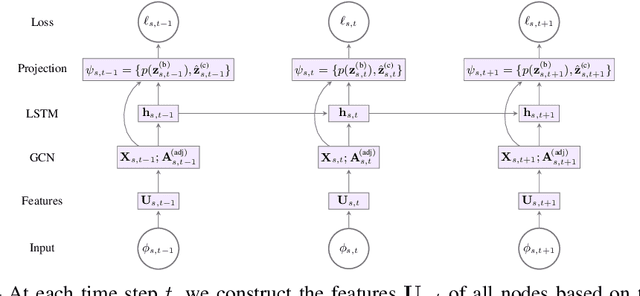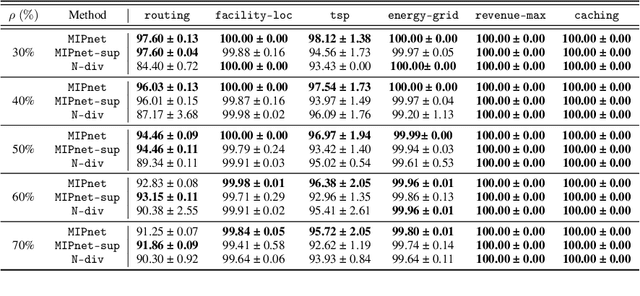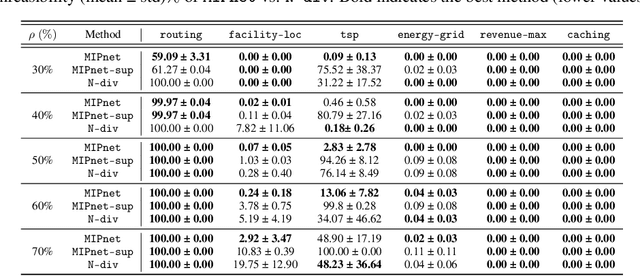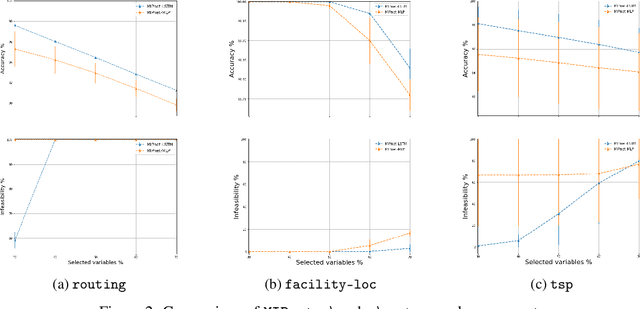Syama Rangapuram
Enhancing Foundation Models for Time Series Forecasting via Wavelet-based Tokenization
Dec 06, 2024



Abstract:How to best develop foundational models for time series forecasting remains an important open question. Tokenization is a crucial consideration in this effort: what is an effective discrete vocabulary for a real-valued sequential input? To address this question, we develop WaveToken, a wavelet-based tokenizer that allows models to learn complex representations directly in the space of time-localized frequencies. Our method first scales and decomposes the input time series, then thresholds and quantizes the wavelet coefficients, and finally pre-trains an autoregressive model to forecast coefficients for the forecast horizon. By decomposing coarse and fine structures in the inputs, wavelets provide an eloquent and compact language for time series forecasting that simplifies learning. Empirical results on a comprehensive benchmark, including 42 datasets for both in-domain and zero-shot settings, show that WaveToken: i) provides better accuracy than recently proposed foundation models for forecasting while using a much smaller vocabulary (1024 tokens), and performs on par or better than modern deep learning models trained specifically on each dataset; and ii) exhibits superior generalization capabilities, achieving the best average rank across all datasets for three complementary metrics. In addition, we show that our method can easily capture complex temporal patterns of practical relevance that are challenging for other recent pre-trained models, including trends, sparse spikes, and non-stationary time series with varying frequencies evolving over time.
Solving Recurrent MIPs with Semi-supervised Graph Neural Networks
Feb 20, 2023



Abstract:We propose an ML-based model that automates and expedites the solution of MIPs by predicting the values of variables. Our approach is motivated by the observation that many problem instances share salient features and solution structures since they differ only in few (time-varying) parameters. Examples include transportation and routing problems where decisions need to be re-optimized whenever commodity volumes or link costs change. Our method is the first to exploit the sequential nature of the instances being solved periodically, and can be trained with ``unlabeled'' instances, when exact solutions are unavailable, in a semi-supervised setting. Also, we provide a principled way of transforming the probabilistic predictions into integral solutions. Using a battery of experiments with representative binary MIPs, we show the gains of our model over other ML-based optimization approaches.
GluonTS: Probabilistic Time Series Models in Python
Jun 14, 2019



Abstract:We introduce Gluon Time Series (GluonTS, available at https://gluon-ts.mxnet.io), a library for deep-learning-based time series modeling. GluonTS simplifies the development of and experimentation with time series models for common tasks such as forecasting or anomaly detection. It provides all necessary components and tools that scientists need for quickly building new models, for efficiently running and analyzing experiments and for evaluating model accuracy.
Approximate Bayesian Inference in Linear State Space Models for Intermittent Demand Forecasting at Scale
Sep 22, 2017



Abstract:We present a scalable and robust Bayesian inference method for linear state space models. The method is applied to demand forecasting in the context of a large e-commerce platform, paying special attention to intermittent and bursty target statistics. Inference is approximated by the Newton-Raphson algorithm, reduced to linear-time Kalman smoothing, which allows us to operate on several orders of magnitude larger problems than previous related work. In a study on large real-world sales datasets, our method outperforms competing approaches on fast and medium moving items.
 Add to Chrome
Add to Chrome Add to Firefox
Add to Firefox Add to Edge
Add to Edge